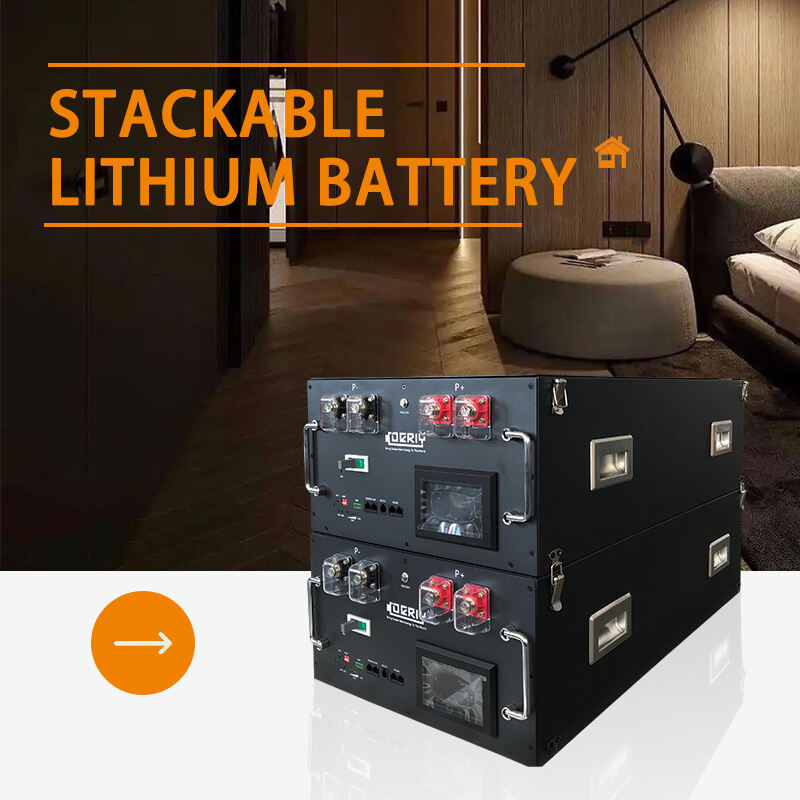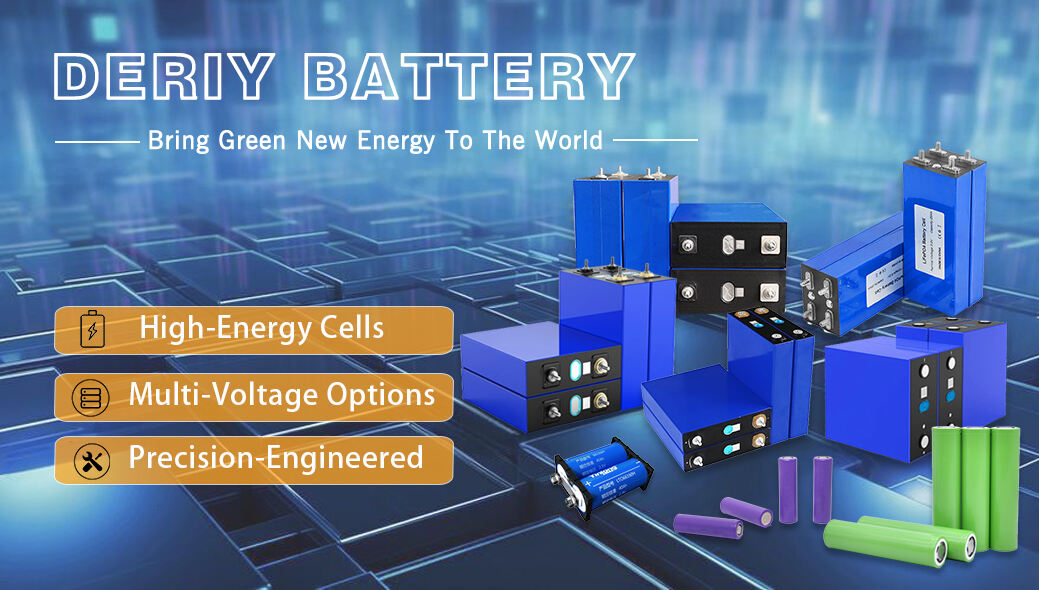Long - term Cost - effectiveness
Despite the initial investment, a solar storage system can be highly cost - effective in the long run. By reducing reliance on grid - supplied electricity, users can save on electricity bills over time. The system also helps to protect against future increases in electricity prices, providing a stable and predictable energy cost for years to come.

